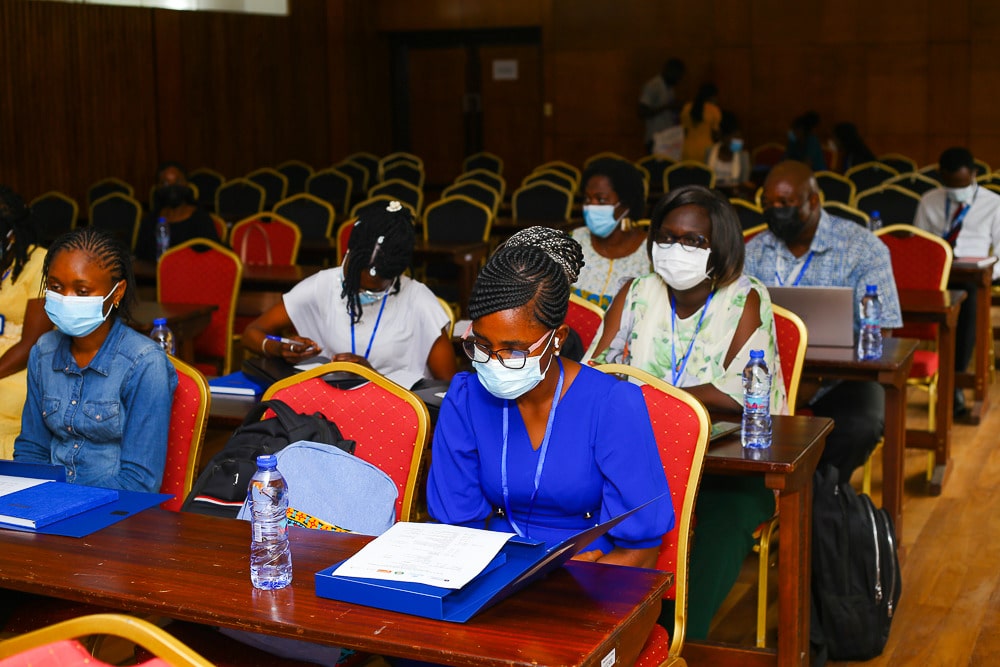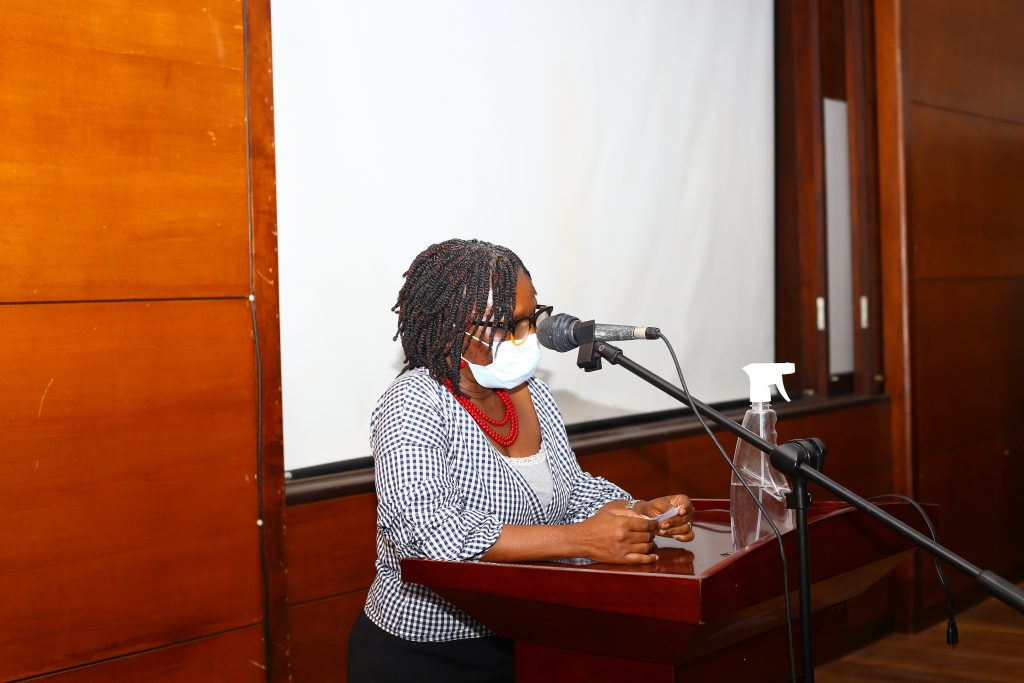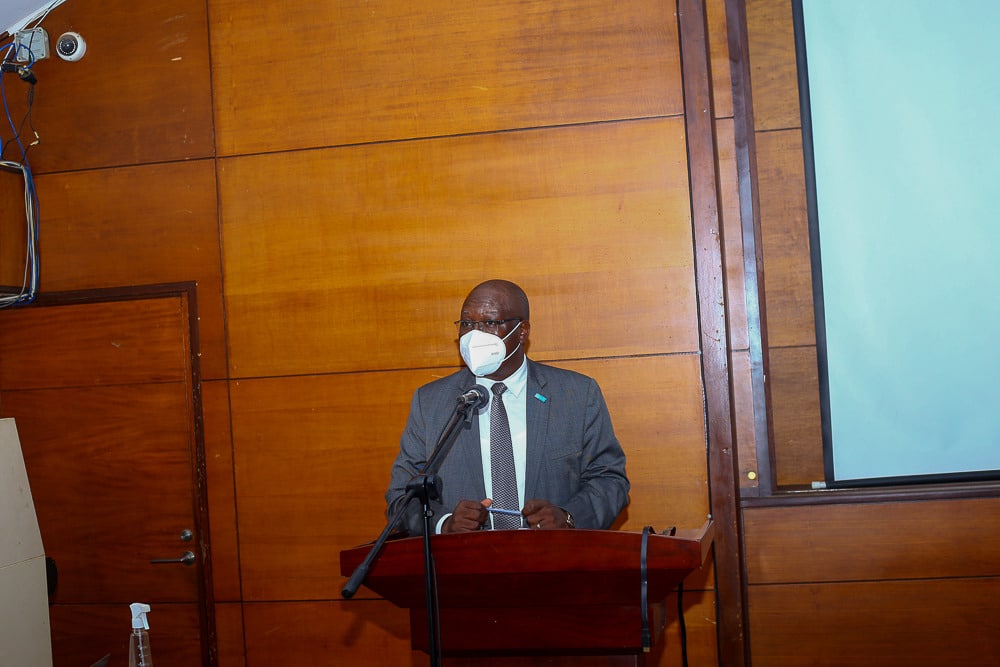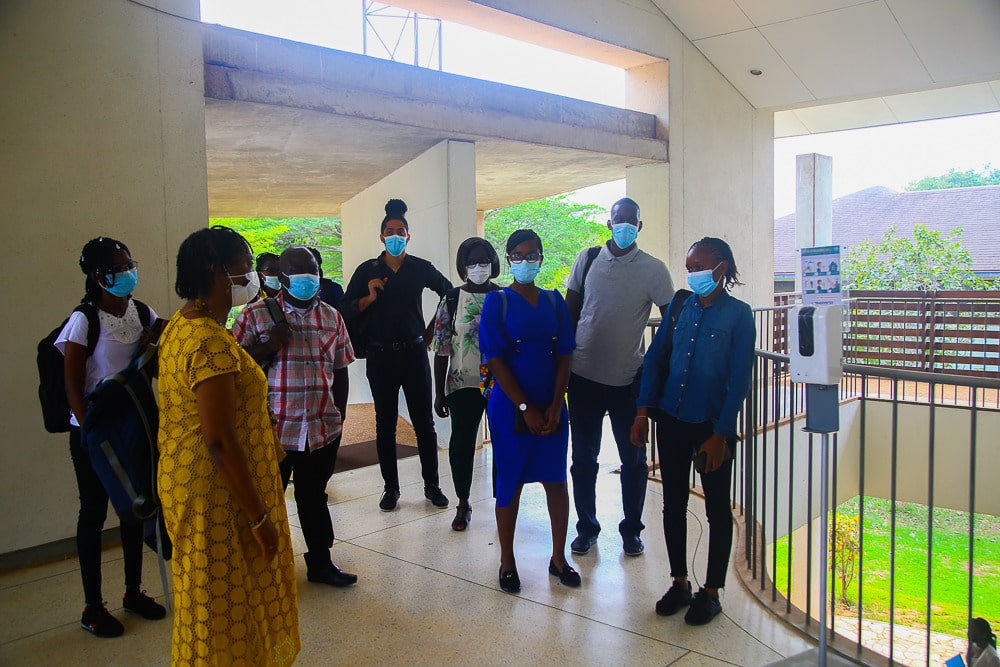The Noguchi Memorial Institute for Medical Research (NMIMR) has rolled out a two week training workshop titled “Next Generation Sequencing for Genomic Surveillance”. The training which is being organized in collaboration with the World Health Organization (WHO), West Africa Health Organization (WAHO), AfroScreen, and the Africa Centre for Disease Control (Africa CDC) will bring together ten (10) participants from eight (8) African countries: Benin, Cape Verde, Cote d’ Ivoire, Guinea, Liberia, Mauritania, Sierra Leone, and Togo.

The training is in line with the World Health Organization (WHO) aim of prioritizing global surveillance and research activities to guide the responses to the SARS-CoV-2 pandemic and will provide the participants with hands-on training in genomic sequencing to build their capacity understanding the different sequencing techniques and in particular, Next Generation Sequencing (NGS) techniques to know the different steps from sampling to generation and analysis of SARS-CoV-2 sequences.
Addressing the participants at the opening ceremony, Prof. Dorothy Yeboah-Manu, Director NMIMR, noted that the Institute, as part of executing its core mandate has for the past years been conducting and supporting various disease programmes of public health importance for different countries. Adding that at the dawn of the COVID-19 pandemic the Institute was the first in-country to diagnose COVID-19.
“We started setting up the COVID-19 diagnostic centre. Genomic sequencing within the COVID-19 era is crucial because through that we will be able to evaluate the interventions that our various programmes have set and even the vaccination. The virus is changing and we need to be ahead of the virus in order to design and prepare good tools that can be used to control the disease”, she said.

Prof. Yeboah-Manu further explained that genomic sequencing is the crosscutting expertise which is not only for one pathogen. Adding that “when we are equipped with this we can use it for other important diseases which are identified within the Sub-region and we are very thankful to WHO for funding this training to equip the participating countries with the required skills to conduct sequencing in their own countries rather than bringing samples to Noguchi to be worked on”.
Dr. Francis Chisaka Kasolo, WHO country representative indicated that the genomic sequencing training is happening at an opportune time when the entire world is still dealing with COVID-19 pandemic and the emergence of different variants of concern. He added that “genomic surveillance is also an important tool beyond COVID-19 as it has gained a central role in the detection of various variants some of which have been shown affect disease transmission severity and even a decrease in the effectiveness of some of our public healthy control tools”.
Dr. Kasolo further noted that the pandemic has equally revealed the gaps in the health systems across the Sub-region and in particular laboratory capacity to effectively and timely guide the different public health actions.

“The WHO through the Regional Office for the Africa Region (WHO AFRO) has instituted different programmes and activities over the period to improve the capacity for laboratory detection and surveillance in the context of the COVID-19 pandemic. Specially, for SARS-CoV-2 genomic surveillance, the WHO/AFRO with support from the Africa CDC has set up a network of reference laboratories together with NMIMR to support in gene sequencing for countries without existing capacity”, he added.
The NMIMR continues to play a leading role in biomedical research in the sub-region and serves as WHO’s regional reference laboratory for surveillance of some infectious diseases. The Institute also continues to play an important role in Ghana’s ongoing response to the COVID-19 pandemic.


